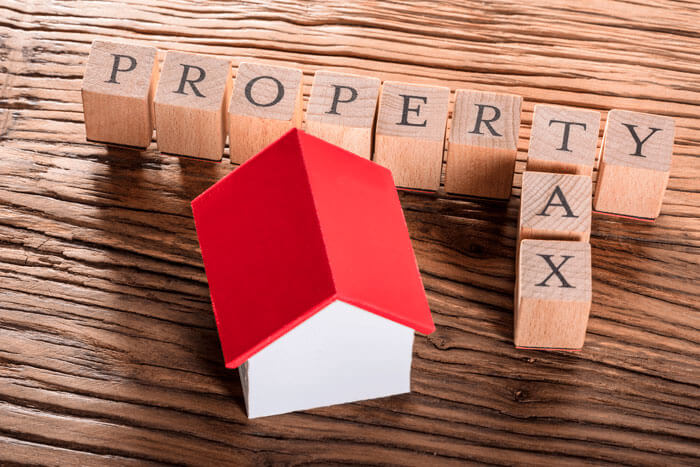When you purchase a home, you have many expenses to consider including the mortgage & interest rate costs, homeowner’s insurance costs, utility charges and property taxes. Property taxes are paid every year, and the amount you owe can change from year-to-year based on your home’s perceived value (as well as the government’s financial needs).
Property taxes in New York have been on the rise year to year for a while now. So if you are considering buying a home in New York, you should account for the fact that your property taxes will more than likely steadily increase – especially if you make improvements to your home.
If you will have a mortgage you will more than likely have to pay property taxes into an escrow account along with your monthly mortgage payment. Your mortgage holder will then pay the taxes from that account. This may affect your purchasing power depending on your monthly budget.
Property taxes pay for local services like schools, police, emergency services, parks, and more – which might make paying higher property taxes worth your while. Higher tax rates might translate into a better school district, which for many young families is a major deciding point when buying a new home.
Let’s look a bit closer at how property taxes are calculated to better understand how your tax rate can be an important factor when choosing the right home to purchase.
Calculating Property Taxes
Property taxes are calculated by your local government as a percentage of your property’s appraised value. Your home’s value can go up and down depending on market conditions, reappraisals, additions or other such factors, and then the amount you owe the government is a simple percentage of that value.
Now, how does the government determine the percentage you owe?
Let’s say that your town has $300 million of assessed property value within its borders, and an annual fiscal budget of $3 million to cover its operations. This means that 1% of the total assessed property value is needed to run the town annually. So, if you live in that town, your tax bill should be 1% of your home’s value.
That number, unfortunately, isn’t set in stone. The next year, the local government might decide to open a new school, build a community rec center or refurbish the fire station, raising its budget from $3 million to $6 million. Now, your tax rate has gone up from 1% to 2%, and besides voting in the next election, there’s not much you can do about it.
In many cases, states limit the assessed value of your property to a percentage of your actual property value. According to The Official Website of New York State, “all properties in New York (except in New York City and Nassau County) are required to be assessed at a uniform percentage of market value each year. In other words, all taxable properties in your city or town must be assessed at market value or at the same percentage of market value.”
So, if the market value of your home is $500,000, and assessments in your community are at 40 percent of market value, your assessment should be $200,000.
Can I Lower My Tax Bill?
You can check out what property tax exemptions you might be eligible for to lower your tax bill. New York has several exemptions available including STAR (School Tax Relief), a senior citizens exemption, a Veterans’ exemption and an exemption for persons with disabilities. Don’t forget that you can deduct a portion of your local property taxes up to $10,000 from your yearly federal tax bill.
I’ve Moved into My New Home and I Think My Taxes are Too High
You can have your property value re-assessed to see if you can lower your tax bill. Your tax bill might not be based on the actual value of your home, as it’s impractical to send an appraiser out to every house every year. If you feel like that average value is way off base, you can ask for an appraiser to visit your home to ensure your tax rate is true to the property’s actual value.
If you feel that your taxes are too high after the reassessment inquiry, you can file a property tax grievance. A property tax grievance is a formal complaint filed against a town’s assessed value on a particular parcel of a property based upon comparable sales. You can hire a property tax grievance expert to help you. Reach out to the experts at Heller & Consultants Tax Grievance with any questions relating to your property taxes and to file a property tax grievance.

